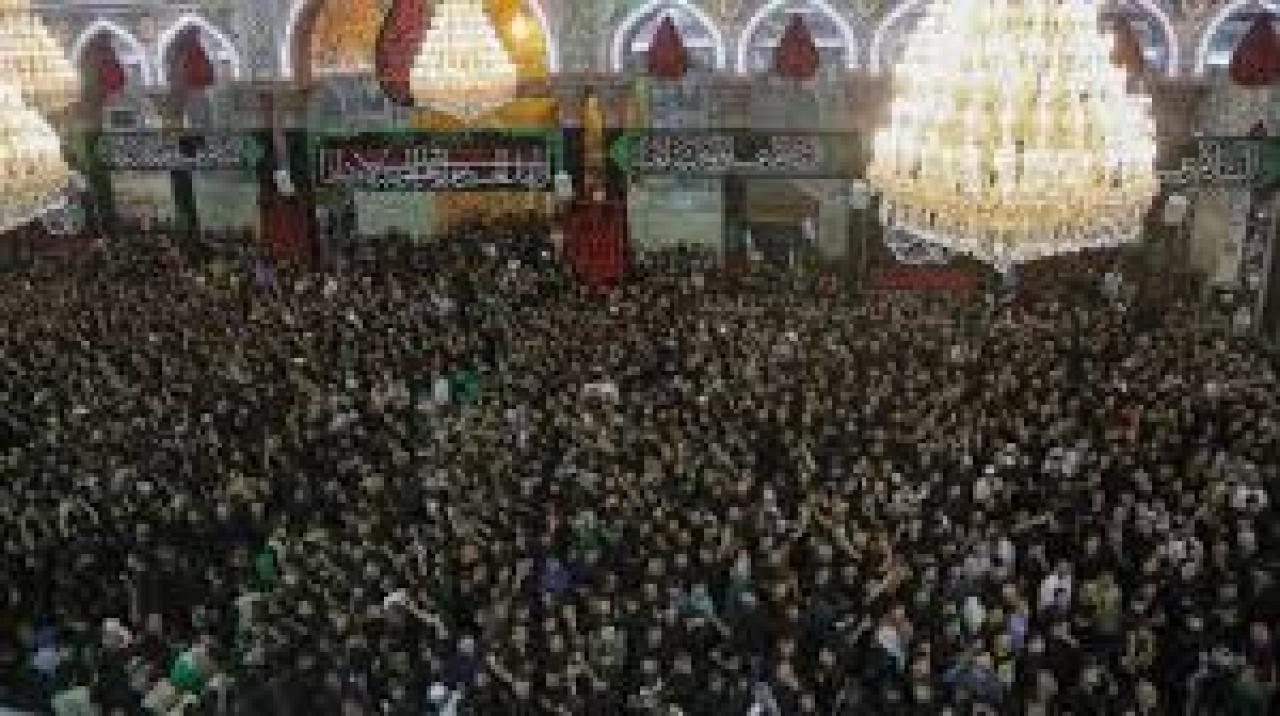This year, the Ashura will begin on the evening of July 16 and will be observed on July 17

Representative Image. File Photo
Muharram, the first month of the Islamic lunar calendar, holds immense significance for Muslims worldwide. The Islamic calendar is divided into 12 months and has 354 days. After Ramadan or Ramzan, Muharram is believed to be the most sacred month in Islam.
ADVERTISEMENT
What is Ashura?
Ashura, the tenth day of Muharram, marks the martyrdom of Imam Hussein ibn Ali, the grandson of Prophet Muhammad. This year, the Ashura will begin on the evening of July 16, 2024, and will be celebrated on July 17, 2024. While Bohras Ashura marked on Tuesday.
Sunni Muslims celebrate Muharram, while Shia Muslims mourn to remember the martyrdom of Imam Hussein, the grandson of Prophet Muhammad in the battle of Karbala in 680 CE. The battle has great religious and political importance in Islamic history.
While Bohras participate in gatherings known as Majlis, where sermons and recitations recounting the events of Karbala are held. These Majlis are typically led by a speaker known as a Zakir or a Wa'az, who narrates the tragedy of Karbala in an emotionally evocative manner, emphasizing the principles of sacrifice, justice, and resistance against oppression.
The Majlis, symbolise solidarity with Imam Hussein's suffering and serve as a reminder of the importance of standing up against tyranny and injustice. In the morning majlis, the congregation leader delivers a sermon while the evening majlis is usually spent in a collective recitation of elegies in which all those gathered for the occasion participate. Community members close shops, take leave from school and work to participate in these assemblies.
Historical significance
In 680 CE, Imam Hussein and his followers faced overwhelming odds against the Umayyad forces led by Yazid I in the Battle of Karbala. Despite the dire circumstances, Imam Hussein chose to uphold justice, truth, and humanity, sacrificing his life for these noble principles.
The Battle of Karbala unfolded during the power struggle between the Umayyad caliph Yazid I and Imam Hussein. Imam Hussein, refusing to pledge allegiance to Yazid, stood firm in his commitment to uphold Islam’s core values. The battle resulted in Imam Hussein’s martyrdom, along with that of many of his family members and companions.
 Subscribe today by clicking the link and stay updated with the latest news!" Click here!
Subscribe today by clicking the link and stay updated with the latest news!" Click here!







